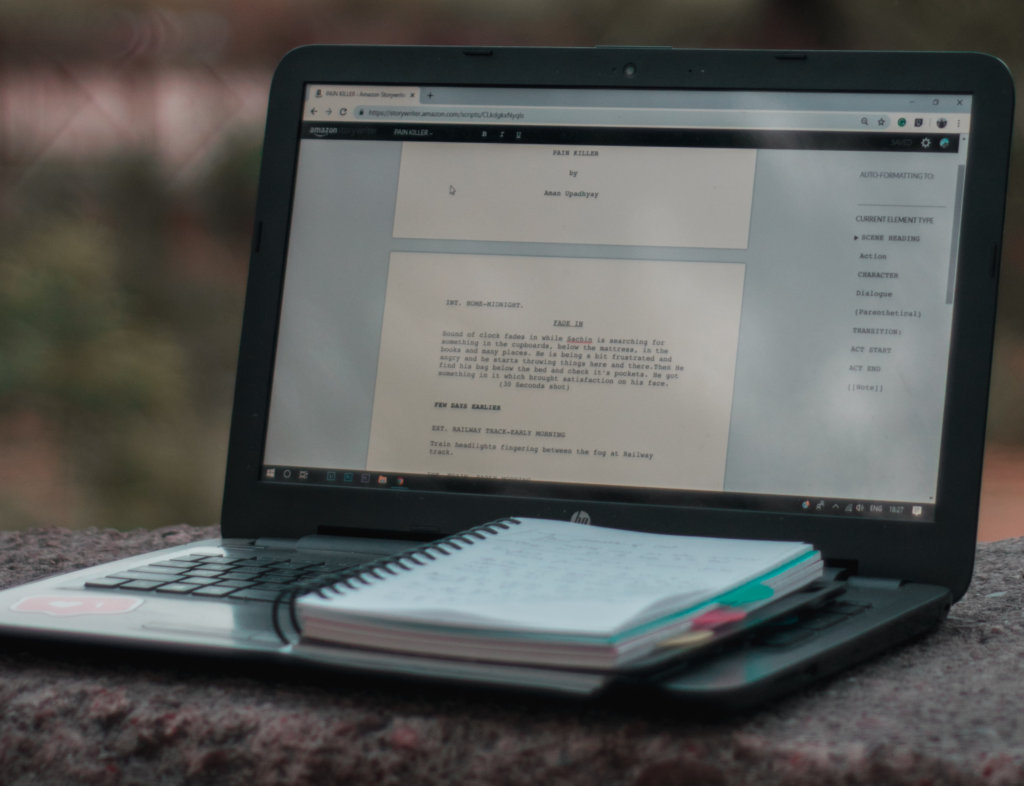The “Rules” for Effective Historical Writing
- Make sure that your thesis –the main point of your work- is clear in the opening paragraphs. As one scholar has written, a chapter, a Master’s thesis, a Ph.D. dissertation, an article, or a book “is a detective story ‘stood on its head,’ because the outcome is revealed at the outset.” Stylistically, a thesis/topic sentence should not be a list.
- Proceed from the general to the particular. In other words, move from generalizations to supporting details. Paragraphs, or a string of paragraphs that develop a particular idea, should thus contain topic sentences.
- Present your historical account chronologically. In particular, this advice is important for paragraphs. History moves through time. Granted, in subsequent paragraphs you may need to reach back to provide the backdrop for a particular topic, or to refer to previous events in order to place your subject in context.
- Write simply and to the point. Avoid lengthy, convoluted sentences that are full of asides, parentheses, dashes. Clarity of expression should always be your goal. Ideas and concepts may be complex, but the reader should be able to understand your descriptions and analyses. The point may be inherently difficult, but your duty as an author is to make it as comprehensible as possible. Put yourself in the position of your reader. Would the reader find your study readable, interesting, informative? Frequently a longer idea can be broken into shorter sentences.
- Establish the context in which your subject took shape and developed, since context is critical for historians.
- Write in the active voice using strong nouns and active verbs at the start of the sentence. (Lucy hit Charlie.) Avoid the passive voice (Charlie was hit by Lucy). The preposition “by” – stated directly or implied – is usually the warning flag that identifies the passive voice. ”It has been said,” is a prime example. Said by whom? Using the verb ‘was” frequently signals that you have not placed the topic at the start of the sentence.
- Keep yourself out of the narrative. Do not use words such as ‘I’ or “this author.” You would thus not say, “I think …. ” Instead, simply state what you think. Additionally, refrain from referring to past people as “we,” “our,” or “us.”
- Do not use the present tense, unless you are discussing ideas or ongoing natural conditions in the present. History deals with the past.
- Avoid lengthy quotations that are blocked, indented, and single-spaced. They often signal lazy writing. Moreover, readers typically jump over them. A long quote should never end a paragraph. Authors should always share with the reader what the quote reveals.
- Identify quotations. When you quote someone in the narrative, the reader should know whom you are quoting and not have to check the citation. Do not quote from textbooks, unless the assignment is specifically assessing the text.
- Move dates to the beginning of sentences: “On April19, 1940, Franklin Roosevelt, received shocking news.” Avoid “Franklin Roosevelt received shocking news on April19, 1940.”
- Identify each individual when first introducing that person. If considerable space separates references to that person, brief reminders of his or her identity may be necessary.
- Place quotation marks outside periods and commas, inside semi-colons and colons.
- Spell out one through nine; spell out whole numbers one through nine followed by hundred, thousand, hundred thousand, million, and so on; spell out first word in a sentence if it is a numeral. When numbers above and below ten appear together in the same context and are applicable to the same category, all set as numerals. Other Examples of numbers: 8 percent 4,123 January 1, 1935 104 degrees 1960s 1930-1954
- Avoid terminology that was not in use at the time. John Humphrey Noyes, the founder of the Oneida free love colony, was a communitarian or a perfectionist; he was not a “hippie.”
- Interpret your material. Ask yourself these kinds of questions about what you are writing: “So what?” “How account for what happened?” “Why is this significant?” “What insights does this study provide into the times?”
- Be aware that history is full of complexities, ambiguities, ironies.
- Practice humility in evaluating and in making critiques of others. In editing, try to practice the “sandwich” method.
